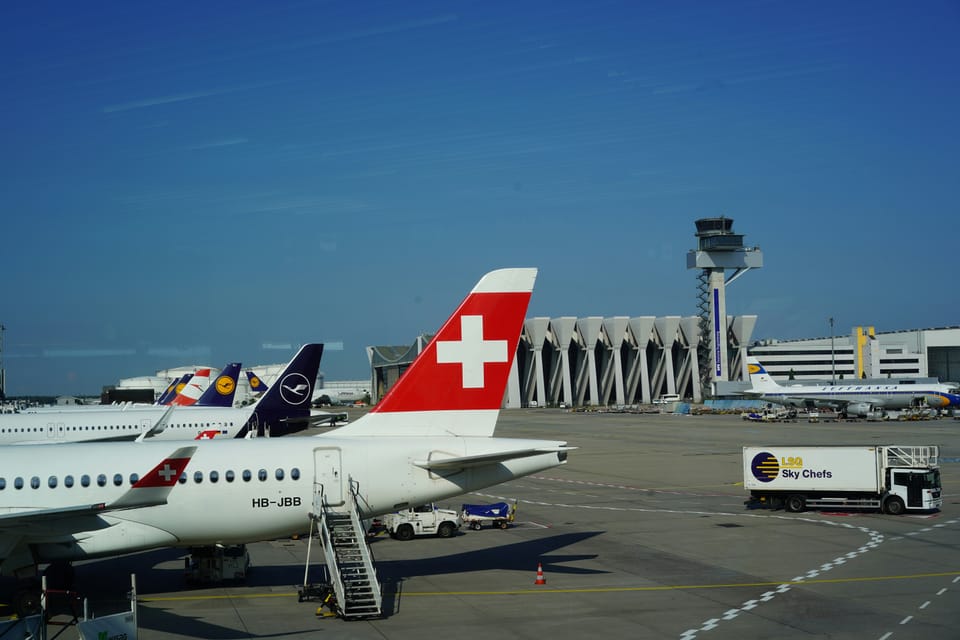IATA to launch platform connecting airlines to SAF suppliers
SAF producers will be able to post available or planned SAF volumes for airlines to register interest.

The International Air Transport Association (IATA) is expected to launch a platform where airlines can be matched with sustainable aviation fuel (SAF) suppliers in early 2025.
The ‘SAF Matchmaker’ aims to be a platform where SAF suppliers and airlines can connect before closing purchasing deals, with the goal of accelerating aviation decarbonisation.







